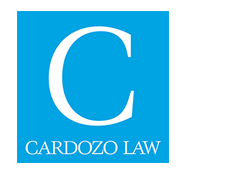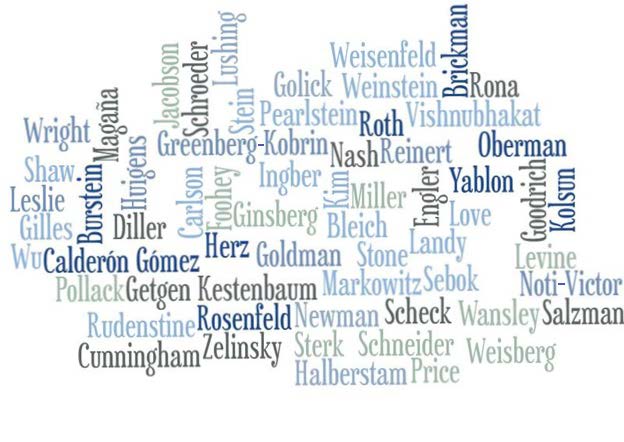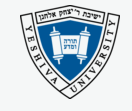Publication Date
2024
Journal
American University Business Law Review
Abstract
The Supreme Court has declared that noncollusive, regularly conducted foreclosure sales are not “constructive” fraudulent transfers voidable by a bankruptcy trustee Uniform state legislation ratifies this instinct for private creditor enforcements. But collusive or irregular foreclosure sales or sales that are intended to hinder, delay, or defraud creditors are subject to creditor attack, even though unsecured creditors are not proper parties to the foreclosure process. In such cases, unsecured creditors can cloud the title obtained from foreclosure in the cases of collusion, irregularity or fraudulent intent. This article examines precisely when foreclosure sales can be avoided by unsecured creditors of a debtor who has granted a mortgage or security interest in real or personal property.
Volume
13
Issue
1
First Page
39
Last Page
87
Publisher
American University Washington College of Law
Disciplines
Bankruptcy Law | Law | Property Law and Real Estate
Recommended Citation
David G. Carlson,
Foreclosure Sales as Fraudulent Transfers,
13
Am. U. Bus. L. Rev.
39
(2024).
https://larc.cardozo.yu.edu/faculty-articles/827



